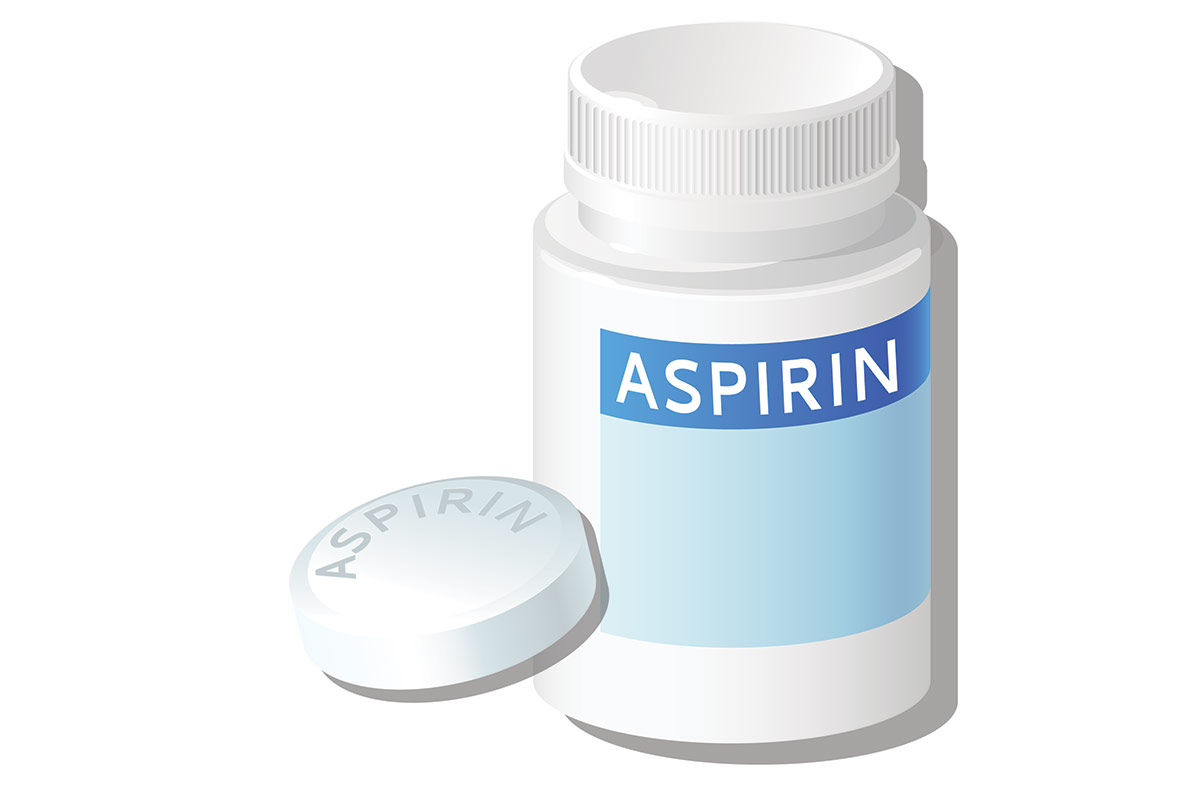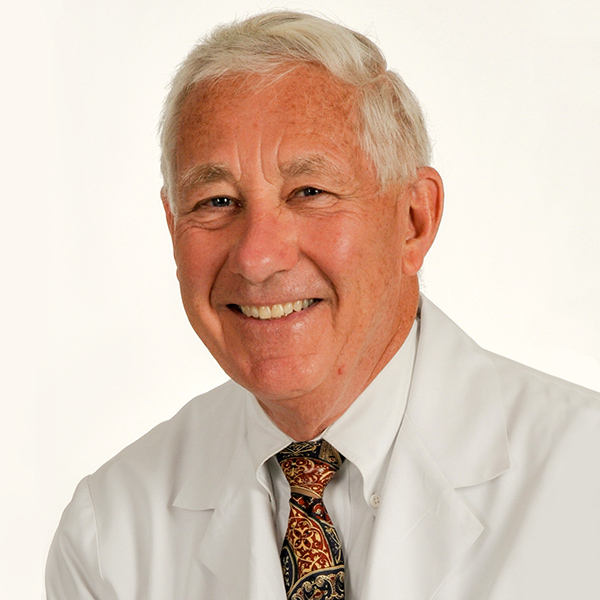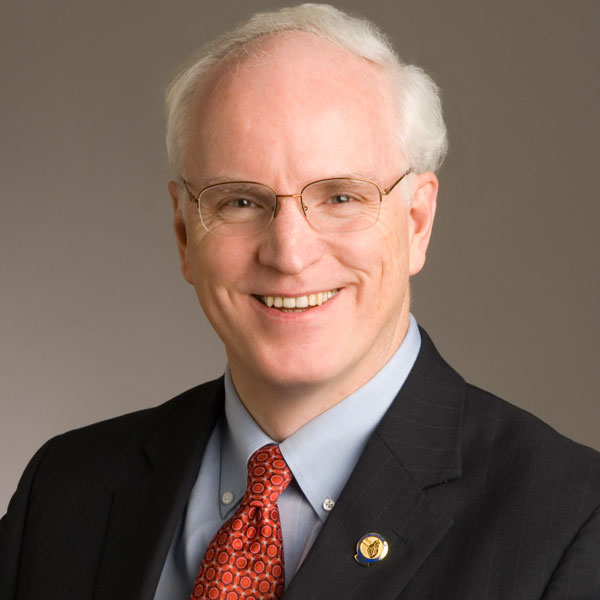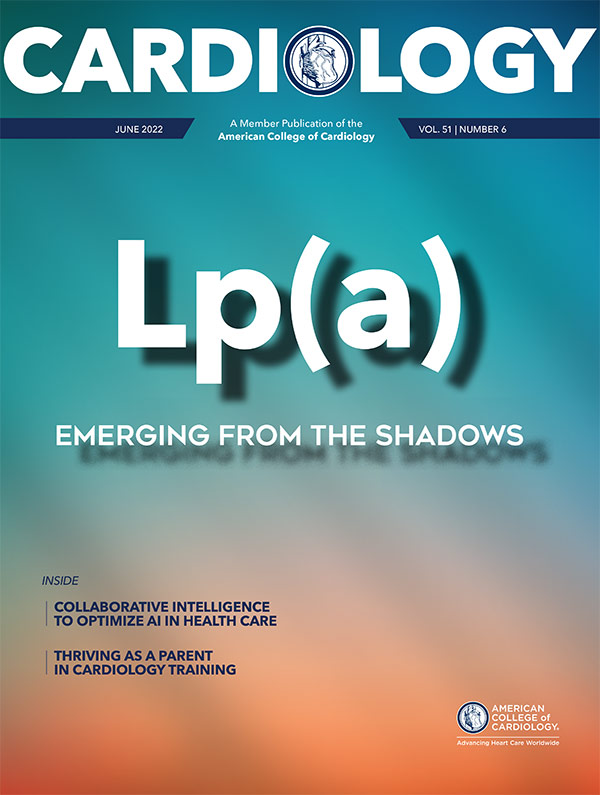Editors’ Corner | Aspirin in CVD: Bringing Clarity to the Messaging But Questions Remain

Aspirin is back in the news again, fueling an overwhelming number of phone calls to physician offices from concerned patients confused about the newest recommendations from the U.S. Preventive Services Task Force (USPSTF).
In a nutshell, the USPSTF statement recommends against initiating low-dose aspirin in persons over 60 years old and calls for individualizing low-dose aspirin therapy in adults ages 40 to 59 years who have a 10% or greater 10-year cardiovascular disease risk. However, the low-dose aspirin and primary prevention details were seemingly lost to word counts in most major media outlets that simply reported aspirin is no longer recommended. In addition, while evidence-based guidance is always welcome, the USPSTF statement does not address some important questions, including whether low-dose aspirin should be continued in individuals who have taken it for many years and are now older than 60? Or should patients who have taken low-dose aspirin for years without any bleeding continue to take it as part of a subgroup?
There is an absence of firm scientific support for these and perhaps other relevant questions to optimize the use of low-dose aspirin. The collective hope is that these issues are the focus of research as well as a future statement that provides more certain guidance for physicians.
It is also a hope that the USPSTF will provide a better heads up to the medical community with any future statement, along with a clear plan and resources to help answer patient questions and concerns. Presenting key messages in a manner that accounts for the bite-sized pieces of information consumed in today's media sphere is also critical.
In the meantime, the ACC has developed CardioSmart patient education materials that explain primary and secondary prevention and provide guidance on who should continue to take low-dose aspirin.
Also in this issue, don't miss the Cover Story looking at the emerging understanding of the impact of lipoprotein(a) (Lp[a]) and potential new therapies, including most recent data presented at ACC.22. "After several decades hovering in the shadows of clinical lipidology, (Lp[a]) is stepping into the spotlight" and it's important that we better understand its role both within cardiology and the primary care community. We also hear from ACC's Chief Innovation Officer Ami Bhatt, MD, FACC, on collaborative intelligence – an important topic of discussion as we look at the role of innovation in health care that was also featured at MedAxiom's recent CV Transforum Spring '22.
We are also excited to feature two perspective pieces from ACC members around the world that address mental health in Africa, particularly in light of COVID, and a typical day in a cath lab in Bangladesh. We also hear from Amber Johnson, MD, MS, MBA, FACC, on her journey to becoming a cardiologist and her work to help diversify the field.
Enjoy the issue. As always, please send your thoughts and feedback to CardiologyEditor@acc.org and don't forget to share links to your favorite articles on social media using #CardiologyMag.
 Peter C. Block, MD, FACC
Peter C. Block, MD, FACC
 John Gordon Harold, MD, MACC
John Gordon Harold, MD, MACC
Clinical Topics: Dyslipidemia, Prevention, Advanced Lipid Testing, Lipid Metabolism
Keywords: ACC Publications, Cardiology Magazine, Middle Aged, Cardiovascular Diseases, Cardiologists, Feedback, Mental Health, Physicians' Offices, Secondary Prevention, Social Media, Aspirin, Primary Prevention, Cardiology, Lipoprotein(a), Intelligence, Primary Health Care, Delivery of Health Care
< Back to Listings


